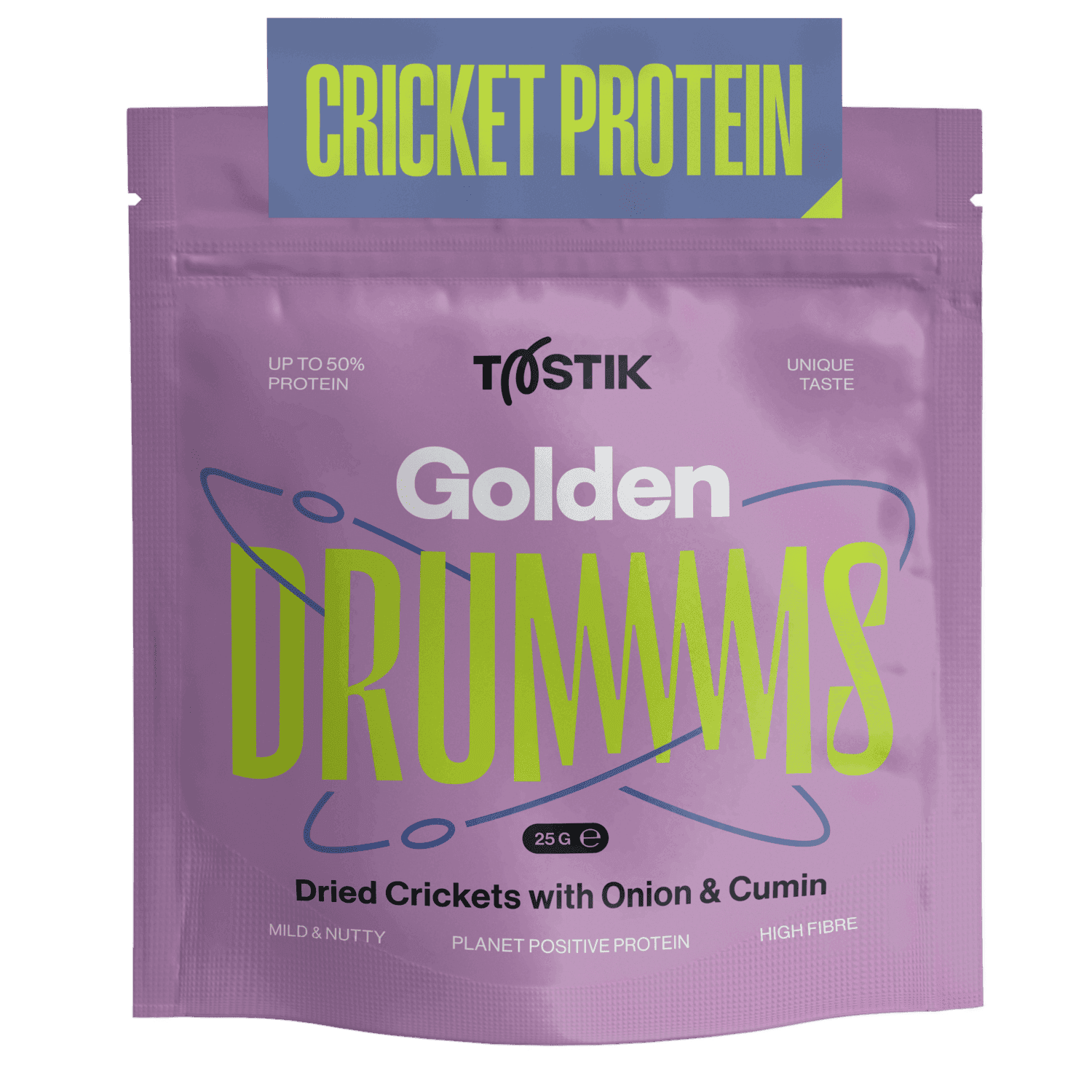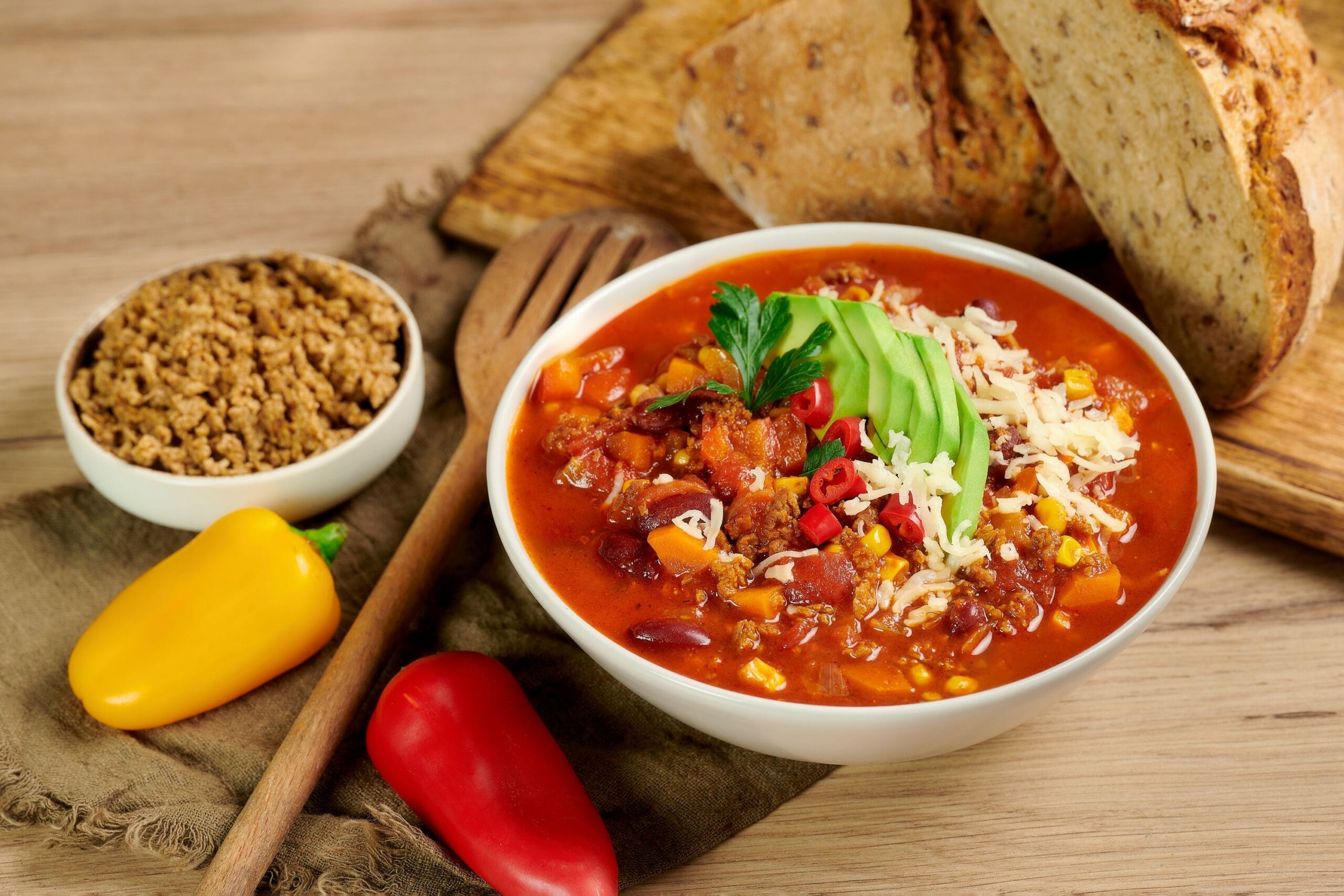Your cart is currently empty!

How much protein should I consume per day?
When considering the amount of protein to be consumed daily, it should be borne in mind that each person is unique, and therefore protein intake needs are highly individual. It can depend on age, body composition, activity and health status. Let’s discuss everything in more detail.
Proteins are made up of building blocks called amino acids. While there are hundreds of different amino acids in nature, only 20 are needed to make the protein found in the human body. They can be divided into three main categories:
- Essential amino acids. This category consists of 9 amino acids that cannot be produced by the body. The only way to get them is through food;
- Non-essential amino acids. This category includes the remaining 11 amino acids that the body can normally produce from the 9 essential amino acids;
- Conditionally essential amino acids. These amino acids are normally considered non-essential, but become essential during adolescence, pregnancy, or in certain conditions such as injury or disease.
A food that contains high levels of all nine essential amino acids is considered a complete source of protein. Conversely, a food with a lower content of one or more of the essential amino acids is considered an incomplete source of protein.
To determine how many grams of protein you need to consume per day, you should start by counting only complete proteins (which include crickets, beef, chicken, eggs and dairy products). Do not count protein from products such as bread, rice or potatoes. Although these products dominate many diets, they are deficient in protein because they do not contain one or more of the amino acids needed for muscle growth.
Researchers agree that protein intake should be based on body weight. The minimum protein intake for a non-exercising person is 1.2-1.8 g/kg. For example, if you weigh 50kg, you should consume at least 60-90g of protein daily. For a person who exercises, a higher intake of 1.4-2g of protein per kg of body weight is recommended (so 70-100g of protein if you weigh 50kg). The better the protein supply to the trained muscles, the faster the recovery and synthesis of new protein.
Crickets are a complete source of protein, containing all essential amino acids. Including crickets in your diet will help you easily meet your daily protein intake, make you feel more energetic, physically stronger and help you lose weight.






